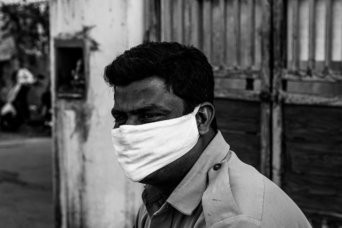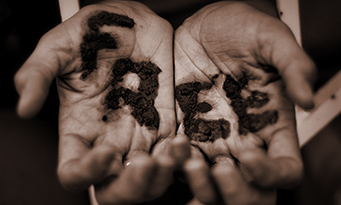- About
- Topics
- Picks
- Audio
- Story
- In-Depth
- Opinion
- News
- Donate
- Signup for our newsletterOur Editors' Best Picks.Send
Read, Debate: Engage.
| topic: | Human Rights |
|---|---|
| located: | Pakistan, Afghanistan, India |
| editor: | Shadi Khan Saif |
With no immediate signs of respite from coronavirus implications in the near future, at least in this part of the world, what frightens Afghans the most is the stigmatisation and inhumane handling of the pandemic by the authorities.
This has not only kept people with symptoms of COVID-19 at bay from health centres in Pakistan, Afghanistan, India and many other countries but has also led to the spreading of the virus deep within their societies.
With all due respect to the frontline force of health workers - who have paid immense sacrifices while battling the novel virus, the higher ups and policymakers in these countries have either been unable or unwilling to think hard and smart to devise local solutions in the wake of the crisis.
The masses are simply bombarded with public service messages round the clock on staying home and avoiding physical contact, but they are not encouraged to get tested and are not offered incentivised isolation facilities. A possible counter-argument could be the lack of funding, but since there is no exclusive nor expensive treatment available for COVID-19, the patients simply need an uplifting experience of isolation with a decent meal under the watchful eyes of the doctors, how much could it cost?
A little out of the box thinking helps us realise that instead of overburdening the already fragile and overwhelmed public hospitals, small and smart tent towns could have been established for patients, ideally at some recreational sites, which are currently closed anyway. Digital surveillance to ensure humanly protocols are kept at these isolation camps with provisions of all basic needs would have not only helped fight the stigma attached to the pandemic but would have proved effective in controlling the spread in deliberate ignorance.
This is aside from the distress caused by the raging violence in the case of Afghanistan where a latest UN report blamed the Taliban for at least 12 deliberate deadly attacks on healthcare facilities in the past two months amid the coronavirus pandemic.
In the Afghan capital of Kabul, the hotbed of the COVID-19 in the war-ravaged country, some 100 people are dying – as per the local media – on daily basis, however, the official reported figure is much smaller. Reports from Pakistan and India suggest people are laying their loved ones for final rest secretly to avoid the stigma.
I asked many patients who have recovered, as well as friends and relatives of the patients who are still suffering, about their views of the public and private health centres: the unanimous answer, tragically, was that taking your loved ones there simply meant a stigmatised death.
Image by Raam Gottimukkala

